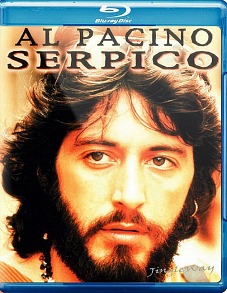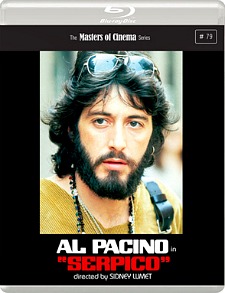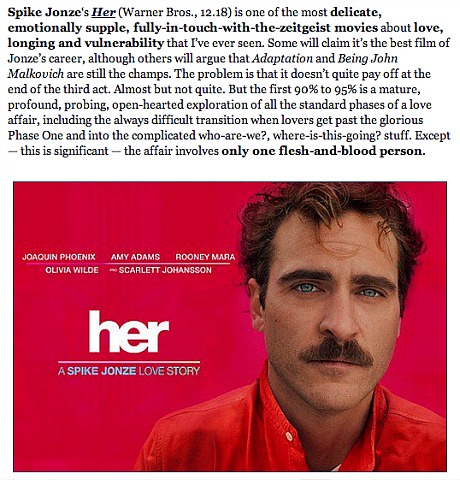Justin Chadwick‘s Mandela: Long Walk to Freedom opens on Friday, 11.28. In my 9.9.13 Toronto Film Festival review, I called it a “classic” biopic in the sense that it feels like it was made 30 or 40 years ago. It’s basically the life of Nelson Mandela by way of the sensibility of Richard Attenborough‘s Gandhi (’82). That makes it a reverential but generally mediocre film about a great man and a great saga.
“It is saved or at the very least enobled by Idris Elba‘s stirring, highly charismatic performance as Mandela — the first breakthrough performance that the 41 year-old Elba has given on the big screen or anywhere else for that matter.” Note: Despite what some commenters are claiming, Elba’s striking, first-rate work in The Wire and BBC One’s Luther were not what any fair-minded person would call “breakthrough”-level. The applicable terms are “noteworthy” and “distinctive.” Winning over hip connoisseurs of cutting-edge cable fare does not a breakthrough make.
“This is a respectably safe, square and stodgy movie in which the political marches and demonstrations almost feel like they’ve been choreographed by a Broadway musical pro,” I wrote. “When an occasional political song is sung the demonstrators sing in harmony. Like Variety‘s Scott Foundas said, screenwriter William Nicholson has written a ‘CliffsNotes version of Mandela’s nearly 700-page memoir’ that ‘is slathered in golden sunsets, inspirational platitudes and John Barry-esque strings.’ The music drove me half-crazy, I must say.







